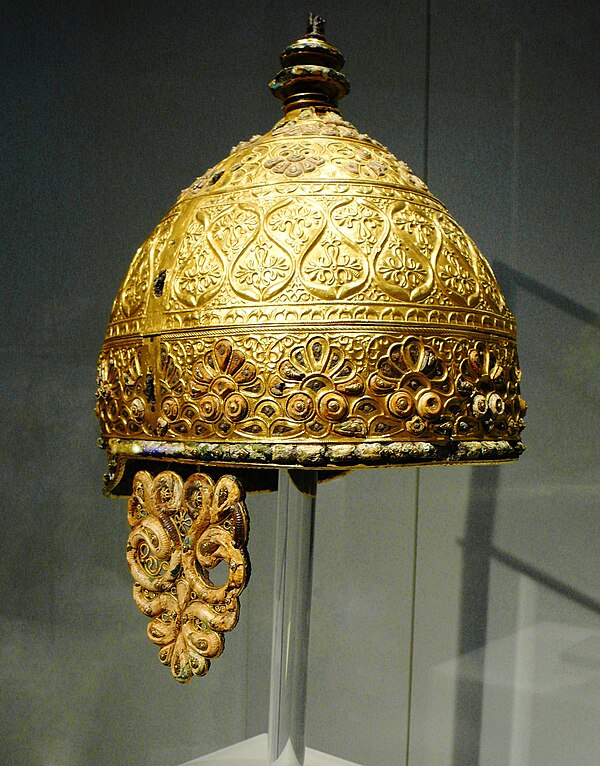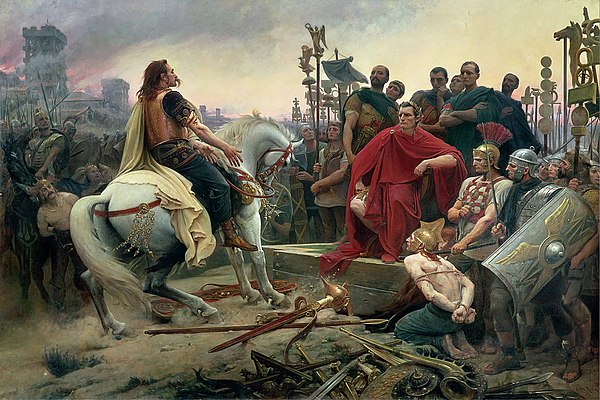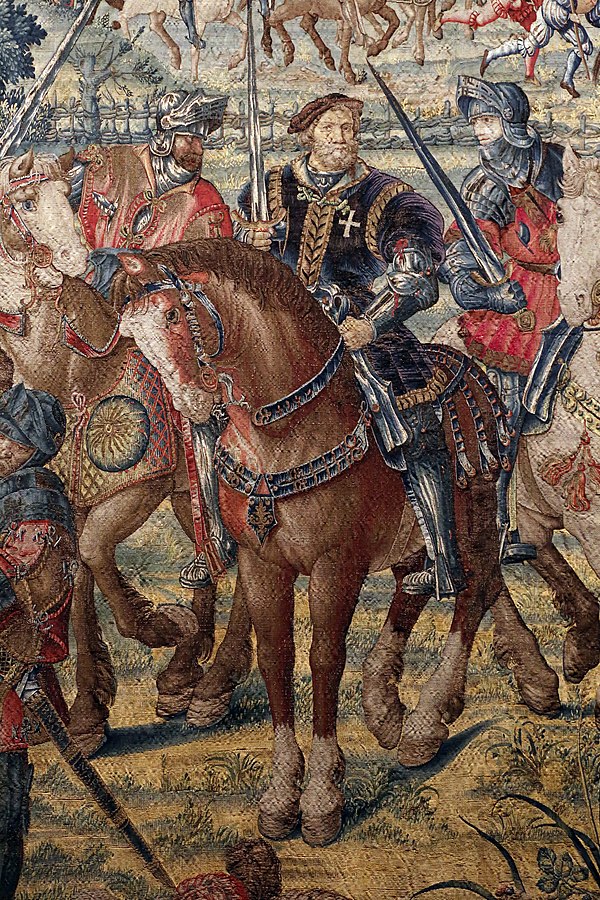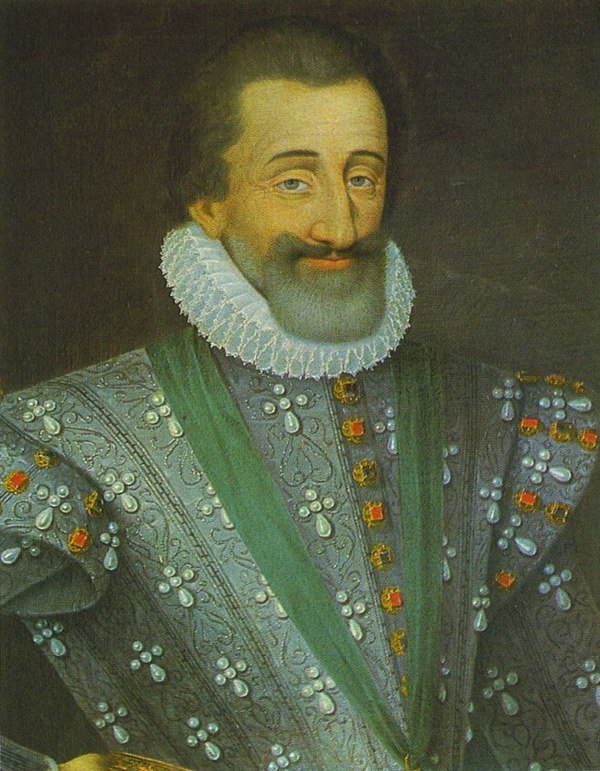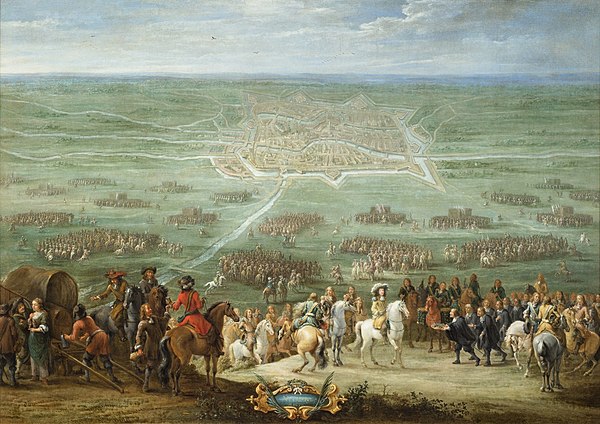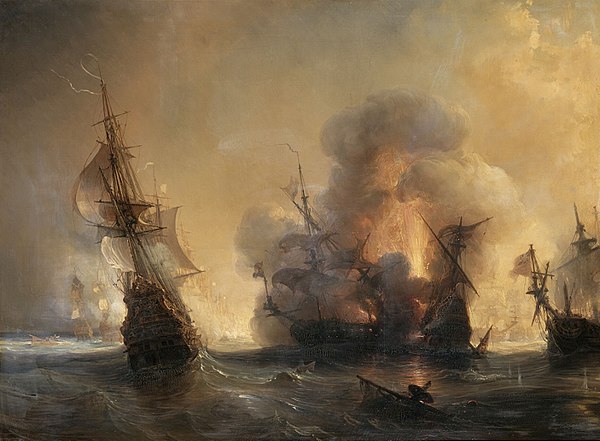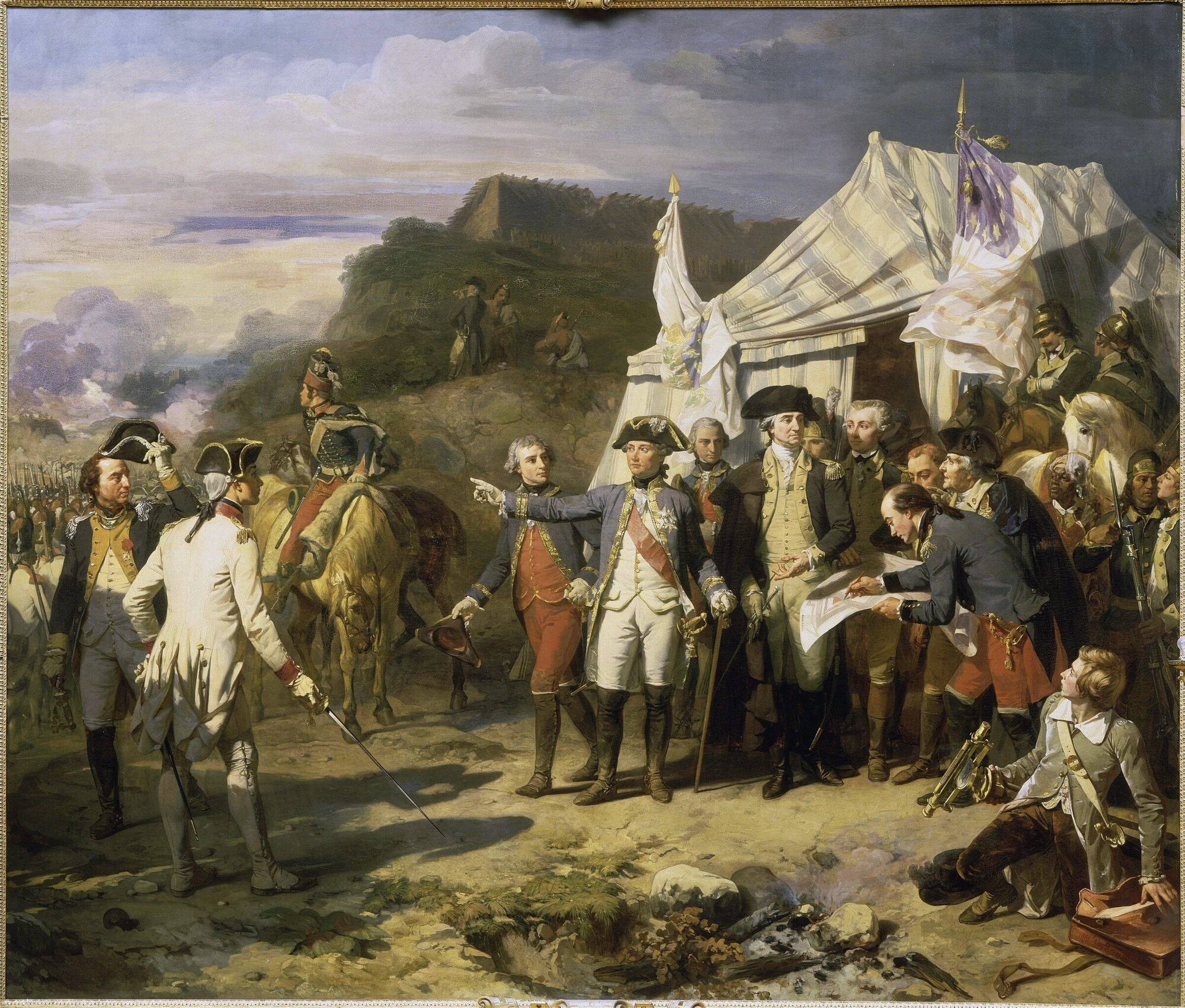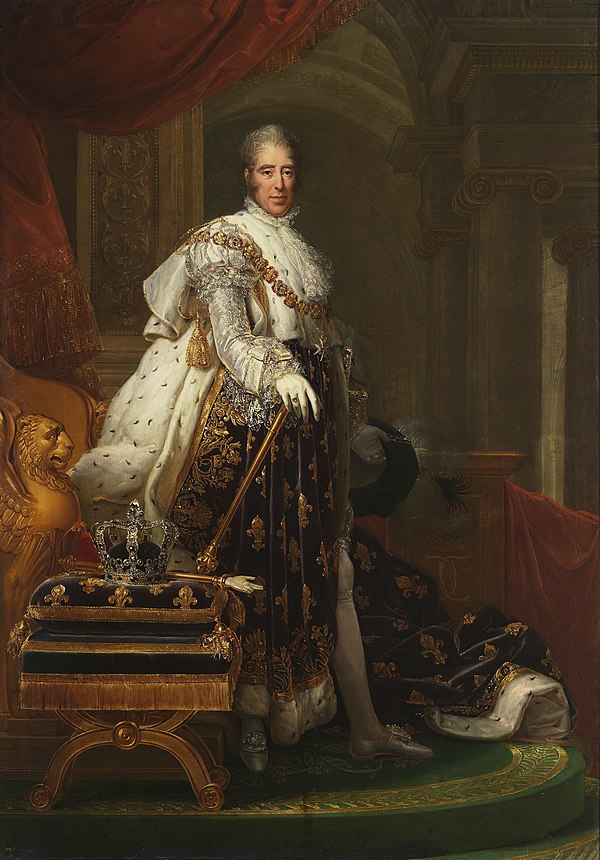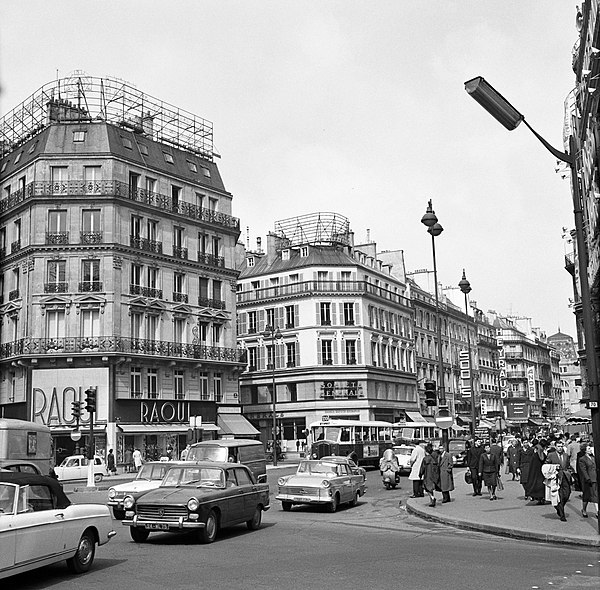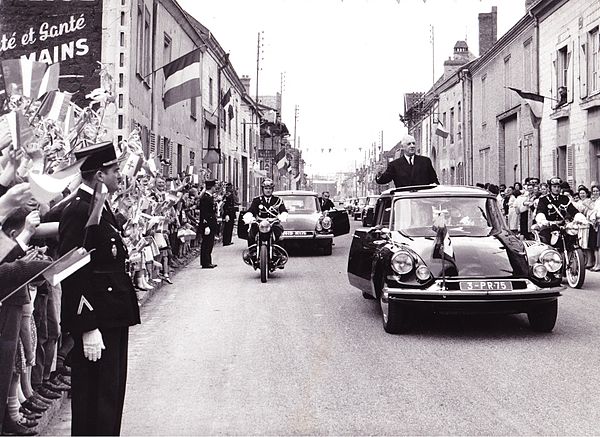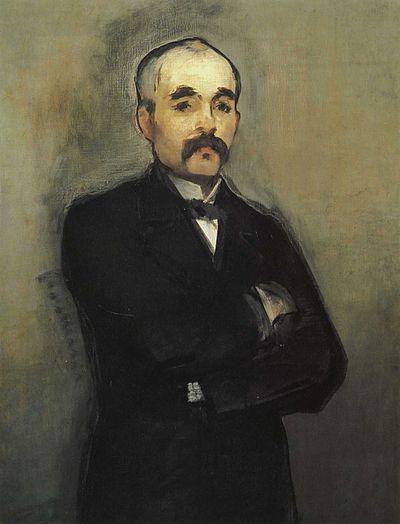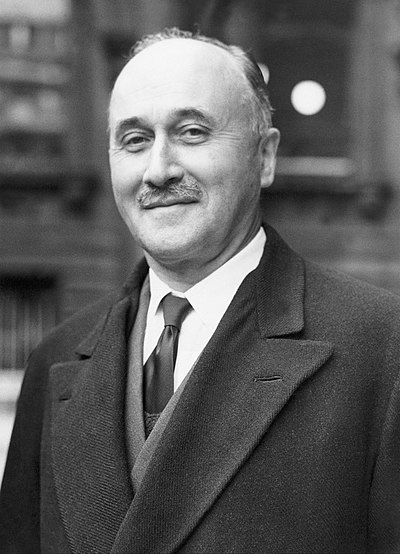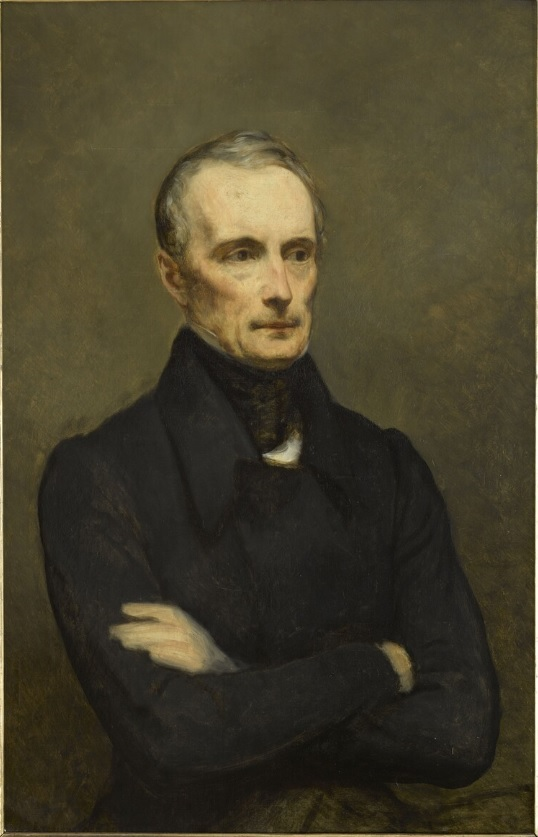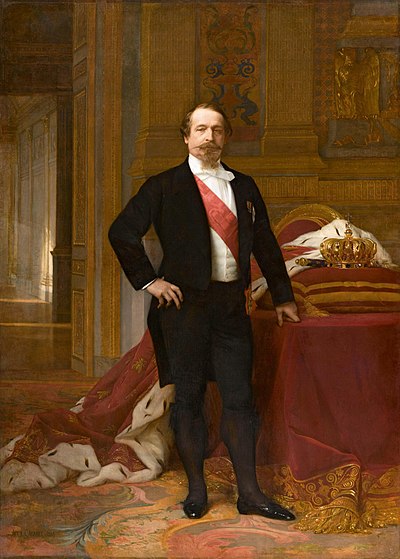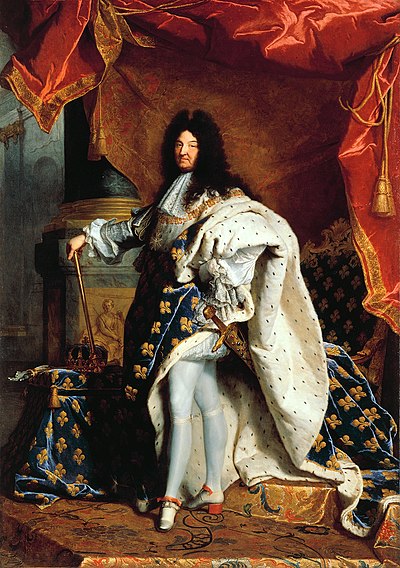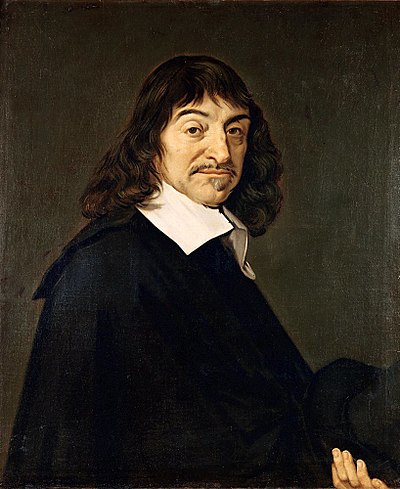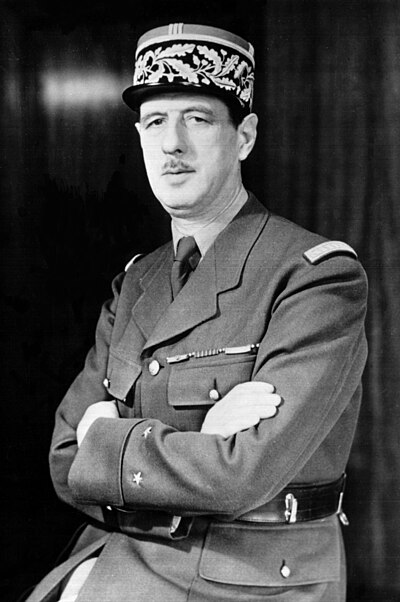Francia no esperaba la guerra en 1914, pero cuando llegó en agosto, toda la nación se reunió con entusiasmo durante dos años.Se especializó en enviar infantería una y otra vez, solo para ser detenido una y otra vez por la artillería, las trincheras, el alambre de púas y las ametralladoras alemanas, con tasas de bajas terribles.A pesar de la pérdida de los principales distritos industriales, Francia produjo una enorme producción de municiones que armaron tanto al ejército francés como al estadounidense.En 1917, la infantería estaba al borde del motín, con la sensación generalizada de que ahora era el turno de los estadounidenses de asaltar las líneas alemanas.Pero se recuperaron y derrotaron la mayor ofensiva alemana, que se produjo en la primavera de 1918, y luego pasó por encima de los invasores que se derrumbaban.Noviembre de 1918 trajo una oleada de orgullo y unidad, y una demanda de venganza desenfrenada.Preocupada por los problemas internos, Francia prestó poca atención a la política exterior en el período 1911-1914, aunque extendió el servicio militar de dos años a tres años debido a las fuertes objeciones socialistas en 1913. La crisis de los Balcanes en rápida escalada de 1914 tomó a Francia por sorpresa y desempeñó sólo un pequeño papel en la llegada de
la Primera Guerra Mundial .La crisis serbia desencadenó un conjunto complejo de alianzas militares entre estados europeos, lo que provocó que la mayor parte del continente, incluida Francia, se viera envuelta en una guerra en unas pocas semanas.Austria-Hungría declaró la guerra a Serbia a fines de julio, lo que provocó la movilización rusa.El 1 de agosto, tanto
Alemania como Francia ordenaron la movilización.Alemania estaba mucho mejor preparada militarmente que cualquiera de los otros países involucrados, incluida Francia.El Imperio alemán, como aliado de Austria, declaró la guerra a Rusia.Francia estaba aliada con Rusia y estaba lista para comprometerse en la guerra contra el Imperio alemán.El 3 de agosto, Alemania declaró la guerra a Francia y envió sus ejércitos a través de la neutral Bélgica.Gran Bretaña entró en guerra el 4 de agosto y comenzó a enviar tropas el 7 de agosto.
Italia , aunque ligada a Alemania, se mantuvo neutral y luego se unió a los Aliados en 1915.El "Plan Schlieffen" de Alemania consistía en derrotar rápidamente a los franceses.Capturaron Bruselas, Bélgica el 20 de agosto y pronto capturaron una gran parte del norte de Francia.El plan original era continuar hacia el suroeste y atacar
París desde el oeste.A principios de septiembre, estaban a 65 kilómetros (40 millas) de París y el gobierno francés se había trasladado a Burdeos.Los aliados finalmente detuvieron el avance al noreste de París en el río Marne (5 al 12 de septiembre de 1914).La guerra ahora se convirtió en un punto muerto: el famoso "Frente Occidental" se libró principalmente en Francia y se caracterizó por muy poco movimiento a pesar de batallas extremadamente grandes y violentas, a menudo con tecnología militar nueva y más destructiva.En el frente occidental, las pequeñas trincheras improvisadas de los primeros meses se hicieron rápidamente más profundas y complejas, convirtiéndose gradualmente en vastas áreas de obras defensivas entrelazadas.La guerra terrestre rápidamente quedó dominada por el estancamiento fangoso y sangriento de la guerra de trincheras, una forma de guerra en la que ambos ejércitos opuestos tenían líneas de defensa estáticas.La guerra de movimiento se convirtió rápidamente en una guerra de posición.Ninguno de los bandos avanzó mucho, pero ambos bandos sufrieron cientos de miles de bajas.Los ejércitos alemán y aliado produjeron esencialmente un par de líneas de trincheras combinadas desde la frontera suiza en el sur hasta la costa del Mar del Norte de Bélgica.Mientras tanto, grandes extensiones del noreste de Francia quedaron bajo el control brutal de los ocupantes alemanes.La guerra de trincheras prevaleció en el frente occidental desde septiembre de 1914 hasta marzo de 1918. Las batallas famosas en Francia incluyen la batalla de Verdún (que abarca 10 meses del 21 de febrero al 18 de diciembre de 1916), la batalla del Somme (del 1 de julio al 18 de noviembre de 1916) y cinco conflictos separados llamados la Batalla de Ypres (de 1914 a 1918).Después de que el líder socialista Jean Jaurès, un pacifista, fuera asesinado al comienzo de la guerra, el movimiento socialista francés abandonó sus posiciones antimilitaristas y se unió al esfuerzo de guerra nacional.El primer ministro Rene Viviani hizo un llamado a la unidad, por una "Union sacrée" ("Unión sagrada"), que fue una tregua en tiempos de guerra entre las facciones de derecha e izquierda que habían estado luchando amargamente.Francia tuvo pocos disidentes.Sin embargo, el cansancio de la guerra fue un factor importante en 1917, llegando incluso al ejército.Los soldados se mostraron reacios a atacar;El motín fue un factor ya que los soldados dijeron que era mejor esperar la llegada de millones de estadounidenses.Los soldados protestaban no solo por la inutilidad de los ataques frontales frente a las ametralladoras alemanas, sino también por las condiciones degradantes en las líneas del frente y en el hogar, especialmente las ausencias frecuentes, la mala alimentación, el uso de colonos africanos y asiáticos en el frente interno y preocupación por el bienestar de sus esposas e hijos.Después de derrotar a Rusia en 1917, Alemania ahora podía concentrarse en el frente occidental y planeó un asalto total en la primavera de 1918, pero tuvo que hacerlo antes de que el ejército estadounidense, que crecía rápidamente, jugara un papel.En marzo de 1918, Alemania lanzó su ofensiva y en mayo había llegado al Marne y estaba nuevamente cerca de París.Sin embargo, en la Segunda Batalla del Marne (del 15 de julio al 6 de agosto de 1918), la línea aliada se mantuvo.Los aliados luego pasaron a la ofensiva.Los alemanes, sin refuerzos, fueron abrumados día tras día y el alto mando vio que era inútil.Austria y Turquía colapsaron y cayó el gobierno del Kaiser.Alemania firmó "El Armisticio" que puso fin a la lucha a partir del 11 de noviembre de 1918, "la undécima hora del undécimo día del undécimo mes".




